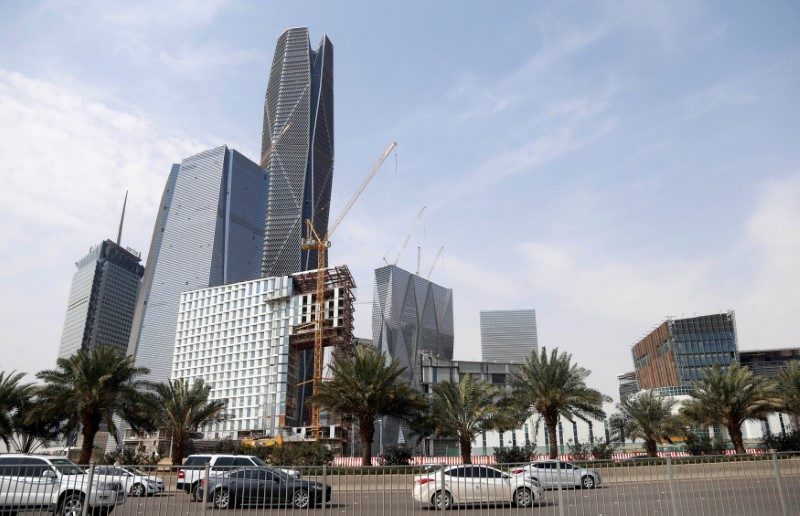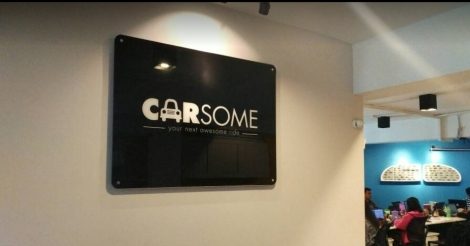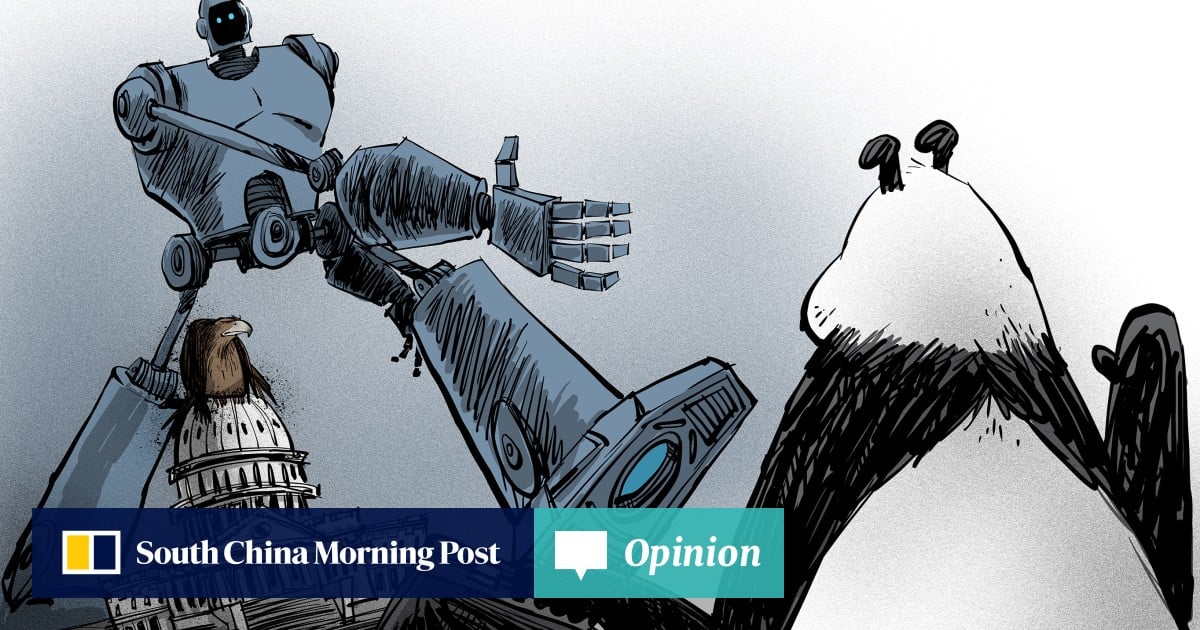TAIPEI, Taiwan — Wingtech Technology, China’s largest smartphone manufacturer, is buying the UK’s largest chip plant in order to secure additional capacity amid a global semiconductor supply shortage. However, the purchase of the Newport Wafer Fab in Wales may draw scrutiny from the UK government, as many countries prioritize domestic chip manufacture as a matter of national security. Wingtech said in a stock exchange filing late Monday night that it had agreed to buy the loss-making Welsh facility from its owner, Neptune 6, which makes automotive-grade semiconductors. The Chinese company’s stock rose more than 5% at one point during Tuesday morning trading in Shanghai, but ultimately sank 2% below its opening price. “The agreement’s specifics are still being worked out, and ownership has not yet been transferred. There are still some unanswered questions “In a filing to the stock exchange, Wingtech stated. The purchase price was not announced, however CNBC, a financial news network in the United States, reported sources who said the deal was for 63 million pounds ($87 million). The purchase will be made through Nexperia, a chipmaker that Wingtech purchased from Chinese investor JAC Capital in 2019. In 2016, JAC paid $2.75 billion for the Dutch firm from chipmaker NXP, the largest chip acquisition deal in China at the moment. The deal might help China secure additional automotive semiconductors and bolster its chip supply chain in the face of a global chip scarcity. It might also help China obtain more access to semiconductors at a time when the US has blacklisted Semiconductor Manufacturing International Co, the country’s largest contract chipmaker. Washington alleges SMIC has military ties, something the business has frequently denied. According to the firm, its clients include Nexperia, STMicroelectronics, Samsung, Motorola, and other chip developers. According to Wingtech’s filing, the chipmaker lost 18.61 million pounds ($25.6 million) in 2020 on revenue of 30.91 million pounds. In comparison, the Chinese IT company’s revenue increased by more than 24% to 51.7 billion yuan ($8 billion) in 2020. Nexperia is the largest Chinese automotive chipmaker and seeks to compete with world leaders Infineon and NXP. It is wholly owned by Wingtech. It just broke ground in Shanghai on a 12 billion yuan chip plant that would start producing wafers next year and have an annual capacity of 400,000 wafers, representing a significant expansion of China’s automotive chip capacity. Nexperia also announced the opening of research and development centers in Penang, Malaysia, and Shanghai, as well as plans to expand its R&D facilities in Hong Kong, Hamburg, Germany, and Manchester, United Kingdom, this year. Wingtech, a burgeoning Chinese tech business created in 2006 by Zhang, a former STMicroelectronics engineer, has aggressively grown throughout the supply chain in recent years. Wingtech bought Chinese smartphone camera module maker O-Film Tech’s plants this year after the latter was blacklisted by Washington and pulled from Apple’s supply chain over allegations of forced labor involving China’s Uyghur Muslim minority. Wingtech also has investors such as Gree, a Chinese appliance manufacturer, and the Hefei Core Screen Industry Investment Fund, which is sponsored by the Hefei government. However, there is some opposition to the agreement in the United Kingdom. When the takeover was still being discussed in mid-June, Tom Tugendhat, chairman of the UK’s foreign affairs select committee, suggested that the sale of Newport Wafer Fab should be subject to examination under the National Security and Investment Act. “I must emphasize once more that the taking over of the United Kingdom’s leading 200mm silicon and semiconductor technology development and processing facility by a Chinese entity, in my opinion, represents a significant economic and national security concern,” Tugendhat wrote in a letter to the Secretary of State for Business. In comments to CNBC on Monday, he underlined his misgivings about the deal. Others have questioned the acquisition’s viability. Wingtech may find it difficult to manage its many new acquisitions while also developing its own chip production plant in a short amount of time, according to Donnie Teng, a tech analyst at Nomura Securities who has followed the firm for years. “On the surface, this appears to be a gain for China, as it ensures the supply of additional semiconductor components. Wingtech, on the other hand, is a relative newbie when it comes to running semiconductor firms, which is vastly different from assembling consumer goods “Nikkei Asia spoke with Teng. “The chip facility in the United Kingdom is likewise inefficient, and it’s unclear whether the new owner will be able to keep personnel who know how to run chip plants.”/n
Read MoreChina’s Wingtech to buy biggest UK chip plant amid global crunch
2021-07-06T04:07:28-04:00July 6th, 2021|





